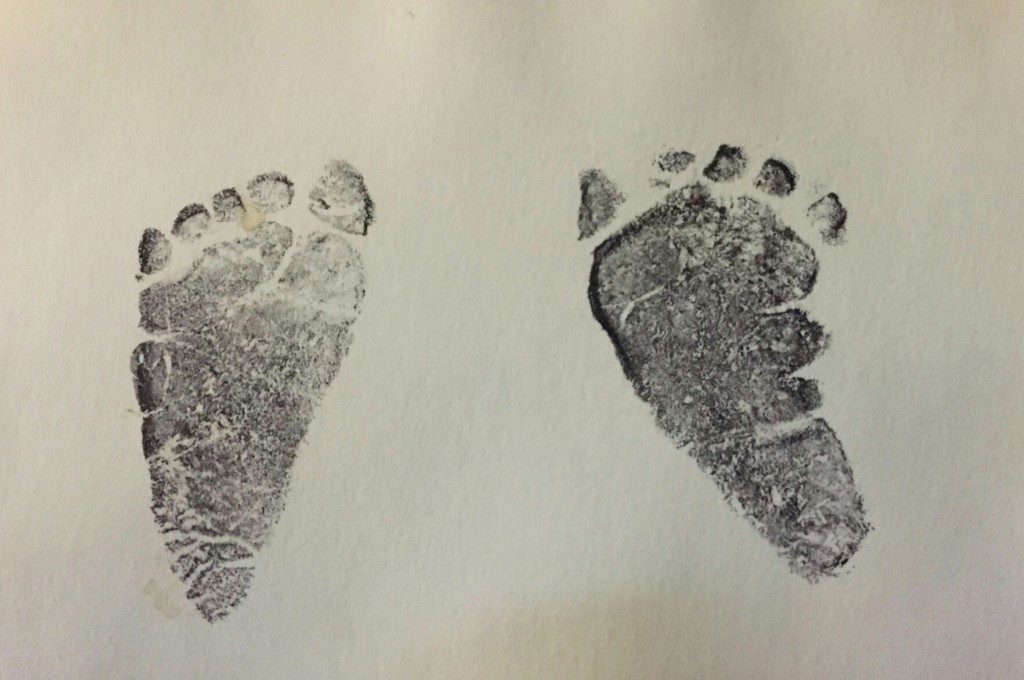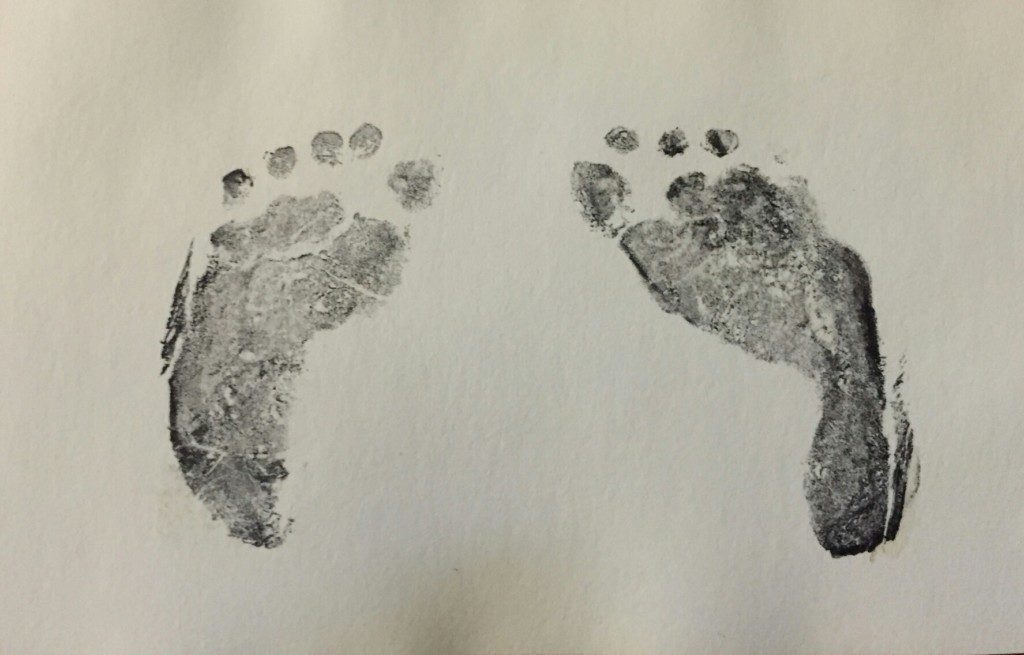 This is how my identical twins Robert and Christopher changed my life. In January 2013, Robert and Christopher sadly lost their fight against Twin to Twin Transfusion Syndrome (TTTS) when I was 24 weeks pregnant.
This is how my identical twins Robert and Christopher changed my life. In January 2013, Robert and Christopher sadly lost their fight against Twin to Twin Transfusion Syndrome (TTTS) when I was 24 weeks pregnant.
I was overjoyed, shocked, and terrified when I found out I was pregnant with identical twins. My husband and I wanted more children but didn’t plan on twins! My shock and disbelief quickly turned into 24-hour morning sickness and utter exhaustion.
Through my tiredness, I could not stop thinking of my changing home — going from my 12-month old daughter to three little blessings! I was nervous but so excited.
I immediately looked for coordinating outfits for my little men and their big sis. Even though it was over ten months away, I already had our Christmas card planned out. I was so ready for this baby challenge.
I wish I could speak of the great care I received from my OB and high-risk doctor. I wish I could say they took every precaution and monitored me the way an identical twin pregnant mom should be monitored. But I can’t.
My husband and I know it was not our doctors’ intention to lose Robert and Christopher. Unfortunately, though, it is clear they made several critical mistakes.
Sadly, the more women I speak to about TTTS, the more I see that it is not uncommon for maternal health doctors to know very little about TTTS and its symptoms and treatments. I have heard countless stories of women having improper or lack of treatment. That is why I am writing this today — to spread awareness and initiate better care for families of identical twins.
At 21 1/2 weeks, I had called my OB several times with various complaints. My primary complaint was when I told her I feel so suddenly huge. She said, “What do you expect? You’re having twins!” I wasn’t entirely comfortable with her answer, but I wanted not to stress and put my trust in her professional care.
At 22 1/2 weeks, my world came crashing down during a routine visit with my OB. During that next visit, it was clear that something was wrong. I was rushed to my high-risk doctor, who saw TTTS.
Even with obvious signs that my babies were in distress, he sent me home to wait for an appointment with NYC specialists — which was in four days. In this time, the disease rapidly progressed, as it’s known to do. I was also in excruciating pain and had shortness of breath.
I went to the hospital once and to my high-risk doctor’s office during those four days, and I was sent home each time. By the time I got to the specialists in NYC, I was in labor and going to deliver my babies. I needed emergency fetoscopic laser surgery to separate my placenta and save my boys.
With deep sadness, the surgery was unsuccessful. Robert passed away two hours after surgery, and Christopher joined his brother in heaven a week later.




TTTS is a disease that affects only identical twins when they share one placenta. The twins have an unequal share of the placenta, which causes an imbalance in blood flow, causing one twin to receive more blood, oxygen, and nutrients while the other becomes deprived of those critical fluids.
Both twins are in jeopardy as these are not ideal circumstances for either. TTTS can happen at any point during an identical twin pregnancy, even at delivery time.
Approximately 1 in 4 of identicals will get TTTS. Some doctors say the statistics may even be higher, as many undocumented cases.
Have a plan for TTTS in case it occurs.
- It is imperative that you are monitored biweekly and then weekly after 16 weeks.
- Know which doctors and hospitals have dealt with TTTS and completed many laser surgeries.
- Speak with your doctor routinely about symptoms and treatment options.
- Demand answers and information.
This is a very high-risk pregnancy, no matter what anyone says.
I will never be over the loss of my twins, but I refuse to let TTTS and the mistreatment by my doctors be the end of my story.
My precious baby boys changed me forever. They taught me resilience, strength, and love. Through the darkness, there is hope and light. My hope is for more people and medical professionals to learn about TTTS. Early detection and proper care are essential during an identical twin pregnancy, even when things seem to be going smoothly.
I have had the honor to meet and hear of many successful TTTS survivor stories. Some of the bleakest cases of TTTS have had happy endings with healthy, beautiful twins.
December 7th is international TTTS awareness day. Please share my story. This can be the difference that saves precious lives. For more information about TTTS, research, and ways to help, visit www.TTTSfoundation.com.




















